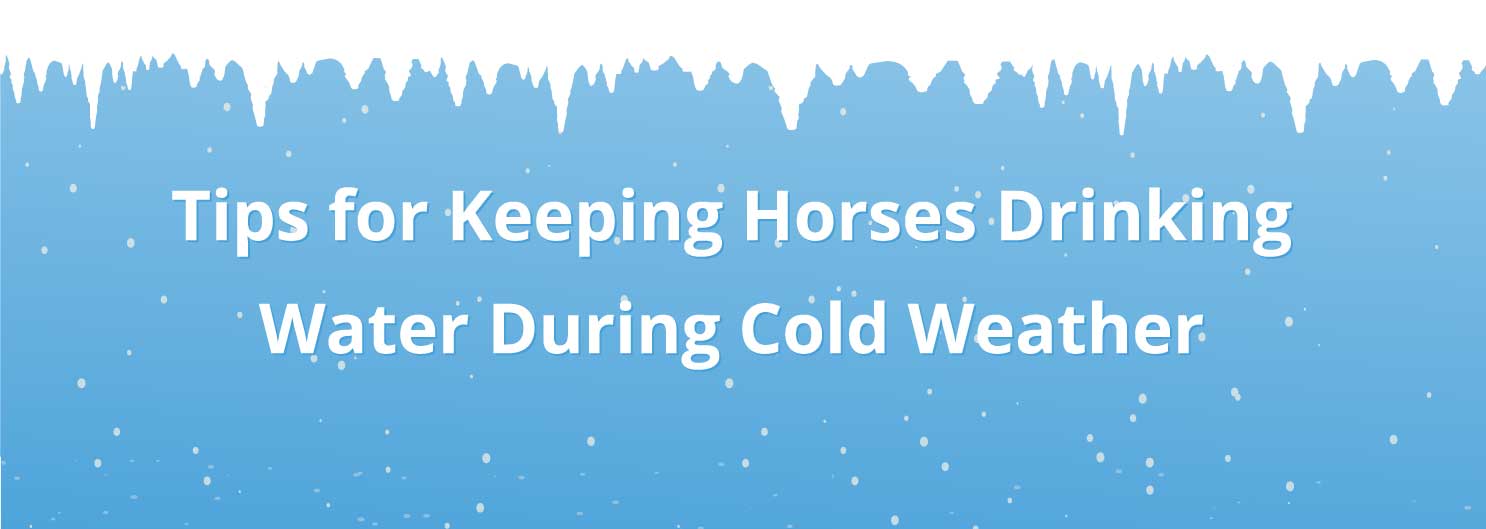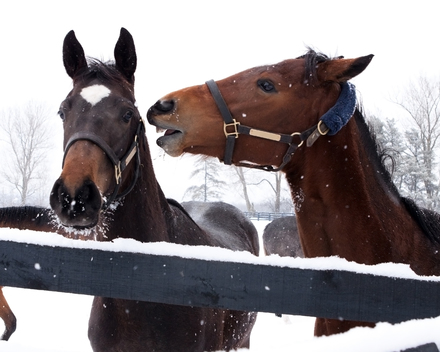Managing Horses During Extreme Weather

Caring for horses during extreme weather conditions requires careful planning and proactive management to ensure their health and safety. This article explores essential strategies for horse owners to protect their animals from the challenges posed by heatwaves, cold snaps, storms, and other severe weather events.
Understanding the Impact of Extreme Weather on Horses
Horses are sensitive to environmental changes, and extreme weather can affect their hydration, nutrition, and overall well-being. Heat stress, hypothermia, and respiratory issues are common risks during such conditions.
Preparing Your Horse for Extreme Weather
Shelter and Environment
- Provide adequate shelter that protects from wind, rain, snow, and sun.
- Ensure the shelter is well-ventilated but can be closed off during storms.
- Use bedding materials that offer insulation in cold weather.
Nutrition and Hydration
- Increase water availability; horses need more water during heat.
- Adjust feed to maintain energy levels; consider higher fiber in cold weather.
- Monitor salt and electrolyte balance, especially in hot climates.
Health Monitoring
- Regularly check for signs of heat exhaustion or cold stress.
- Keep vaccinations and deworming up to date to prevent illness.
- Consult a veterinarian if unusual symptoms appear.
Managing Horses in Specific Extreme Weather Conditions
| Weather Condition | Key Management Tips |
|---|---|
| Heatwaves | Provide shade, increase water intake, avoid exercise during peak heat |
| Cold Snaps | Ensure dry, insulated shelter, increase caloric intake, monitor for frostbite |
| Storms | Secure loose objects, bring horses indoors if possible, check fencing |
Practical Tips for Daily Care
- Schedule exercise during cooler parts of the day.
- Use fly masks and insect repellents in warm weather.
- Regularly clean water troughs to prevent contamination.
Frequently Asked Questions (FAQ)
Q1: How can I tell if my horse is overheating?
- Signs include excessive sweating, rapid breathing, elevated heart rate, and lethargy.
Q2: What should I do if my horse shows signs of hypothermia?
- Move the horse to a warm, dry area, provide blankets, and contact a vet immediately.
Q3: How often should I check water sources during extreme heat?
- At least twice daily to ensure fresh, clean water is always available.
Conclusion
Effective management during extreme weather is crucial for maintaining horse health and performance. By preparing the environment, adjusting care routines, and monitoring health closely, horse owners can mitigate risks and provide a safe, comfortable life for their animals regardless of the weather conditions.
